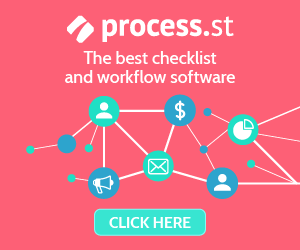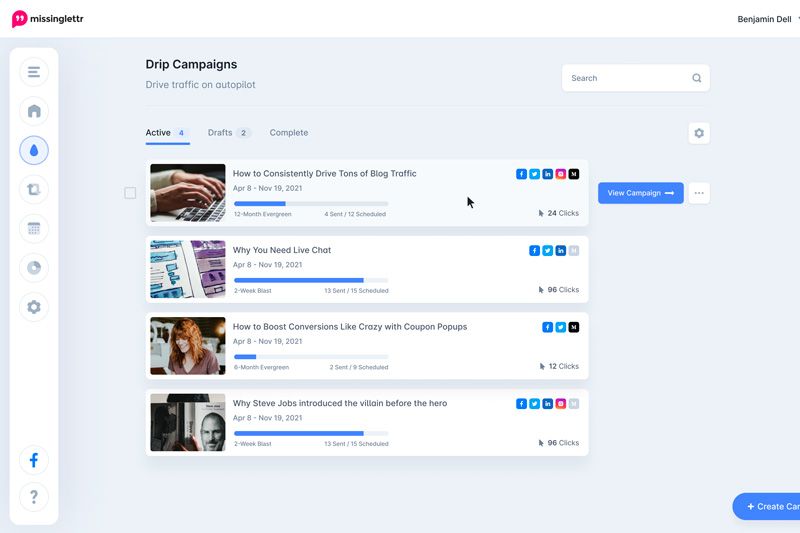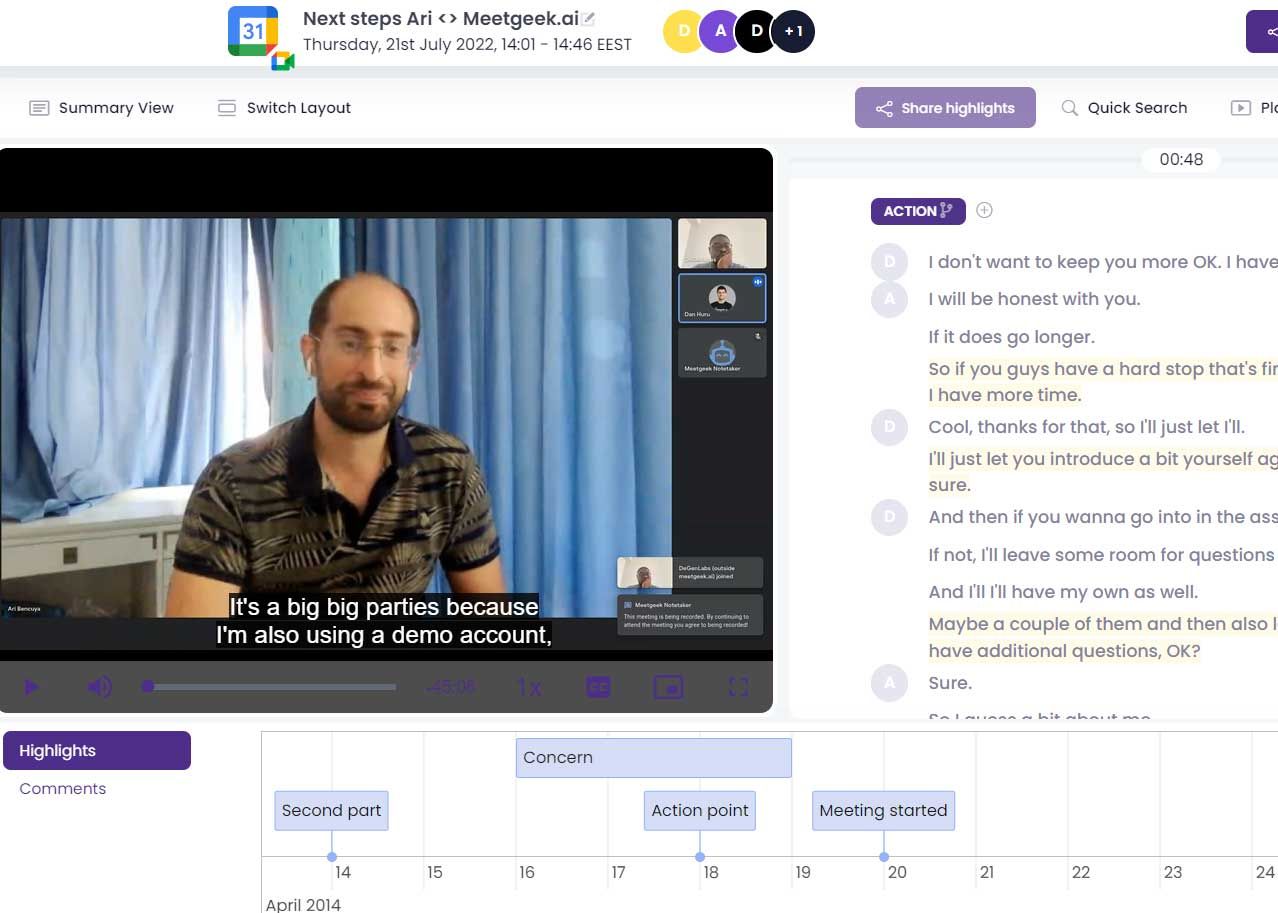Focus on How Business Software Programs are Designed and Supported
Are you looking for the perfect business software program? Well, there is no such thing. Every software you evaluate will do some things you like, and others you do not like.
Every software will require some change on the part of your operations to use it efficiently/effectively. And every software company will have some deficiency in the area of support or training. This is the nature of buying complex systems, and the sooner you recognize it the better buying decision you will make.
There is one starting point that should be universal when investing in business software programs, and that is the evaluation of the what (what underlying code and technology) and how (how the software is designed, maintained, and improved) of the software development. Answer these questions satisfactorily first, and you will most likely end up with a business software program investment that serves you for the long-term.
4 Things to Consider
These are the things you must focus on carefully as you evaluate your options:
- The Underlying Technology. Do not invest in software that will be outdated in less than 10 years. Software written in older programming languages or databases designed for individual use and not network use (like Access or Filemaker) are inappropriate for most business applications. Likewise, technology owned and supported by private, very small (less than 10 employees), generally underfunded companies - no matter how good - will only be able to continue its investment and development if it's bought by a much larger company. This doesn't mean you have to go with a solution like Microsoft, Sage, or Oracle - there are also fantastic niche and open source options for business systems. Just make sure that your solution is based on technology that is modern and which is supported by sufficient staff (or, in the case of open source, development community) to provide sufficient confidence in its survival.
- Best Practices. Invest in software that is well-distributed enough that the software developers are constantly focused on improving the software for the entire industry/user group. Best practice development is about creating processes and procedures within the software that represent the most commonly accepted "correct" ways of doing activities such as inventory control, receiving, production management, cost management, etc.. Using software with best-practices built in gives you the advantage of industry improvements and innovations without having to come up with all of them yourself.
- Ongoing Development. Along with the previous point, make sure that the software developer is actively engaged in meaningful updates and development. The business world and distribution methods are changing dramatically – if the software is not keeping pace it will be an unsatisfactory investment.
- Underlying Database Structure and Logic. If a system is designed correctly, then you will always be able to get the reports, functions, and applications you need from it. If the system is not designed correctly, then even reasonable adaptations or developments may be very difficult or even impossible for the developer to produce. For example, in one industry system I have encountered, the underlying table structure is illogical and poorly structured in several key areas. So extracting desired information is nearly impossible without manipulating the data (which is both time consuming and still inaccurate).
- Choose a system with a truly open API, which will enable you to integrate critical functions with other important programs in your technology stack. There is no such thing as a singular perfect software, but strategic integration of key software programs can get you pretty close. Open API is a necessity for achieving those integrations effeciently and cost-effectively.
- Cloud-based. Small businesses should embrace cloud-based software for essential programs like ERP and CRM. Cloud solutions eliminate the need for extensive in-house IT resources, which will free up budget and personnel for more value-add business activities. Contrary to common misconceptions, cloud providers offer superior security measures compared to most small businesses' internal setups, including robust encryption, regular updates, and dedicated security teams. Additionally, cloud-based software seamlessly integrates with other systems, streamlining workflows and data exchange for improved efficiency and decision-making. By adopting cloud solutions, small businesses can enhance security, reduce IT overhead, and enjoy integrated systems.
- Choose a business partner with the most appropriate skills, expertise, and experience to help you achieve the best possible implementation of a system for your business.
Most people - particularly non-technology people - pursue technology investment by providing a checklist to the software company asking "can the software do this and this and this . . ." What the software can do is certainly part of your decision-making process. But how it is structured - the bones of the system - are also critical if you want your investment to last for the long-term.
This type of analysis is generally outside the skillset of most small business owners. Even if you can't afford the assistance to properly evaluate the full software solution you are considering, you may at least want to ask for some expert advice on the pros and cons of your options relative to these four concerns before you proceed.










